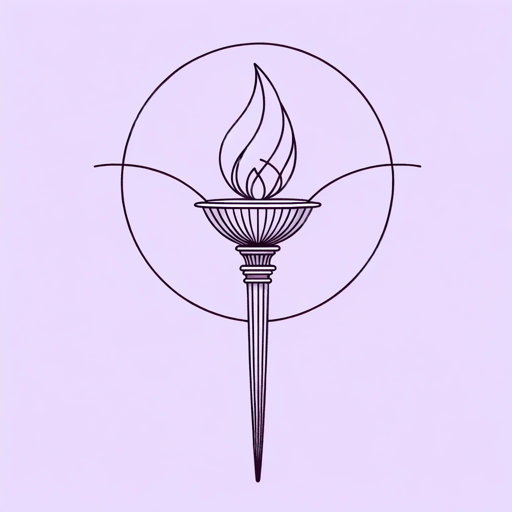22 pages • 44 minutes read
John KeatsOde to Psyche
Fiction | Poem | Adult | Published in 1820A modern alternative to SparkNotes and CliffsNotes, SuperSummary offers high-quality Study Guides with detailed chapter summaries and analysis of major themes, characters, and more.
Summary and Study Guide
Overview
“Ode to Psyche” is by English Romantic poet John Keats. One of Keats’s most renowned odes, it was written in the spring of 1819 and published in 1820. Psyche is the Greek goddess of the soul or mind. Keats could have read about her in a number of books, including The Golden Ass, by ancient Roman author Lucius Apuleius, which tells the love story of Cupid and Psyche. Keats declares in the ode that Psyche is a latecomer to Mt. Olympus, the home of the gods. She has been neglected and not received the forms of worship that are her due. He announces his intention to create a fitting shrine to Psyche within his own mind that will also prepare him to receive love, just as Psyche was able to receive love from Cupid.
The edition used in this study guide is from The Norton Anthology of English Literature, Fifth Edition, Volume 2, W. W. Norton, 1986.
Poet Biography
John Keats was only 25 when he died. However, in a creative period of just a few years, from 1817 to 1819, he wrote the poetry that established him as one of the major English Romantic poets. Keats was born on October 31, 1795, in London. He had a sister and two brothers. When he was nine, his father was killed in a fall from his horse. His mother remarried. When that marriage ended, Keats and his siblings were sent to live with his widowed grandmother in Edmonton, Middlesex. Keats’s mother died in 1810 and the children were placed in the care of a guardian. In the same year, Keats left school and was apprenticed to Thomas Hammond, an apothecary and surgeon. In 1815, he entered Guy’s Hospital in London to study for a position as an apothecary and surgeon.
Keats had been reading widely and developing his literary interests, which included the work of Shakespeare and John Milton. In 1816, he published his first poem, and the following year his first poetry collection was published. He then devoted himself entirely to writing poetry. In 1817, he wrote the long narrative poem Endymion, which was published in 1818 to hostile reviews. In that same year, he nursed his brother Tom for two months during a fatal illness. He also met Fanny Brawne, who would become his neighbor in Hampstead, London, and with whom he became romantically involved. Keats also began the epic poem Hyperion.
In 1819, Keats wrote “The Eve of St. Agnes” and “Ode to Psyche,” the first of his great odes. “Ode to a Nightingale,” “Ode on a Grecian Urn,” “Lamia,” and the “Ode to Autumn” followed. He had started The Fall of Hyperion but gave up on it and never finished. During this period, Keats wrote many love letters to Fanny Brawne, and toward the end of the year they became engaged. Keats also became ill at this time, and by January 1820 his tuberculosis affected his output. He would write little more poetry. His third book, Lamia, Isabella, The Eve of St. Agnes and other Poems was published in July of 1820. In September, to benefit his health, Keats sailed to Italy, where he took up lodgings in Rome. He died on February 23, 1821, and was buried in Rome.
Poem Text
O Goddess! hear these tuneless numbers, wrung
By sweet enforcement and remembrance dear,
And pardon that thy secrets should be sung
Even into thine own soft-conched ear:
Surely I dreamt to-day, or did I see
The winged Psyche with awaken'd eyes?
I wander'd in a forest thoughtlessly,
And, on the sudden, fainting with surprise,
Saw two fair creatures, couched side by side
In deepest grass, beneath the whisp'ring roof
Of leaves and trembled blossoms, where there ran
A brooklet, scarce espied:
'Mid hush'd, cool-rooted flowers, fragrant-eyed,
Blue, silver-white, and budded Tyrian,
They lay calm-breathing on the bedded grass;
Their arms embraced, and their pinions too;
Their lips touch'd not, but had not bade adieu,
As if disjoined by soft-handed slumber,
And ready still past kisses to outnumber
At tender eye-dawn of aurorean love:
The winged boy I knew;
But who wast thou, O happy, happy dove?
His Psyche true!
O latest born and loveliest vision far
Of all Olympus' faded hierarchy!
Fairer than Phoebe's sapphire-region'd star,
Or Vesper, amorous glow-worm of the sky;
Fairer than these, though temple thou hast none,
Nor altar heap'd with flowers;
Nor virgin-choir to make delicious moan
Upon the midnight hours;
No voice, no lute, no pipe, no incense sweet
From chain-swung censer teeming;
No shrine, no grove, no oracle, no heat
Of pale-mouth'd prophet dreaming.
O brightest! though too late for antique vows,
Too, too late for the fond believing lyre,
When holy were the haunted forest boughs,
Holy the air, the water, and the fire;
Yet even in these days so far retir'd
From happy pieties, thy lucent fans,
Fluttering among the faint Olympians,
I see, and sing, by my own eyes inspired.
So let me be thy choir, and make a moan
Upon the midnight hours;
Thy voice, thy lute, thy pipe, thy incense sweet
From swinged censer teeming;
Thy shrine, thy grove, thy oracle, thy heat
Of pale-mouth'd prophet dreaming.
Yes, I will be thy priest, and build a fane
In some untrodden region of my mind,
Where branched thoughts, new grown with pleasant pain,
Instead of pines shall murmur in the wind:
Far, far around shall those dark-cluster'd trees
Fledge the wild-ridged mountains steep by steep;
And there by zephyrs, streams, and birds, and bees,
The moss-lain Dryads shall be lull'd to sleep;
And in the midst of this wide quietness
A rosy sanctuary will I dress
With the wreath'd trellis of a working brain,
With buds, and bells, and stars without a name,
With all the gardener Fancy e'er could feign,
Who breeding flowers, will never breed the same:
And there shall be for thee all soft delight
That shadowy thought can win,
A bright torch, and a casement ope at night,
To let the warm Love in!
Keats, John. “Ode to Psyche.” 1820. Poemswithoutfrontiers.com.
Summary
The poem consists of four stanzas (although some printed and online editions incorrectly divide it into five stanzas). In the first stanza, the speaker addresses Psyche, the Greek goddess of the soul or mind. They ask that the goddess listen to their verses, which have been pulled out of them by their fond memories of her. They explain that they saw the winged figure of Psyche either in a dream or when they were awake. They were strolling in a forest when they came upon two beautiful creatures calmly lying side by side in the grass, with their arms and wings embracing. Their lips were not quite touching, but it seemed as if they might have been kissing when they were interrupted by sleep. The speaker knew the male figure was Cupid. They ask who the female figure was, and then answer their own question: it was Cupid’s love, Psyche.
In the second stanza, the speaker addresses Psyche as the loveliest of the gods. She is more beautiful than the moon, which is associated with Phoebe, and Vesper, the evening star. As a latecomer to the Greek pantheon, she has no temple or altar, and no choir to sing of her. No one plays a musical instrument or burns incense to her. Nor does she have a shrine, oracle, or prophet paying her homage.
In the third stanza, the speaker says that it is too late for these forms of worship, which occurred in an age when people venerated the forms of nature as the home of the gods. However, the speaker will sing the praises of Psyche, inspired by their inner vision.
In the final stanza, the speaker vows to create a shrine within their own mind that will be worthy of the goddess. He will create a temple and adorn it with flowers and stars. Everything will be for her pleasure. There will be a torch and an open window at night in order to allow love—that is, Cupid—in.
Related Titles
By John Keats
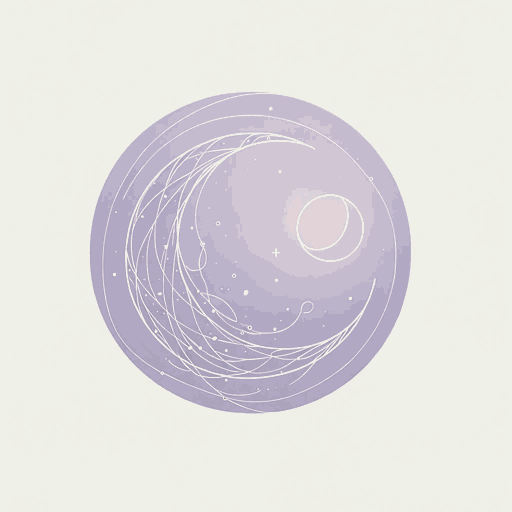
Endymion: A Poetic Romance
John Keats
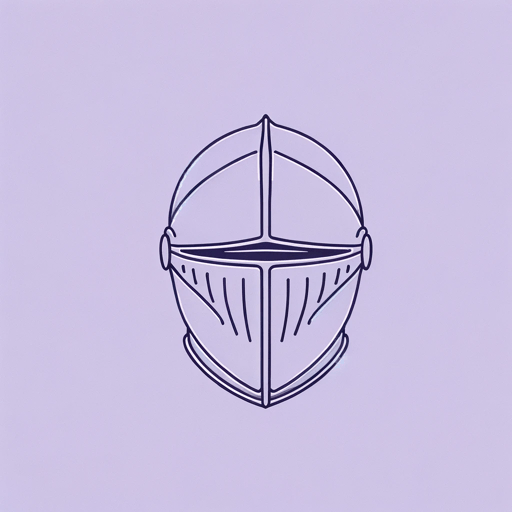
La Belle Dame sans Merci
John Keats
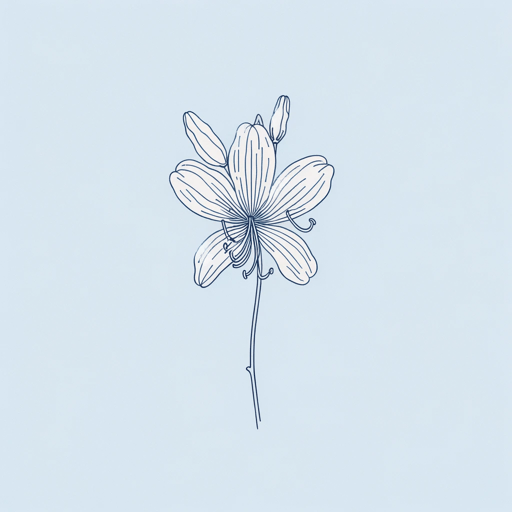
Meg Merrilies
John Keats
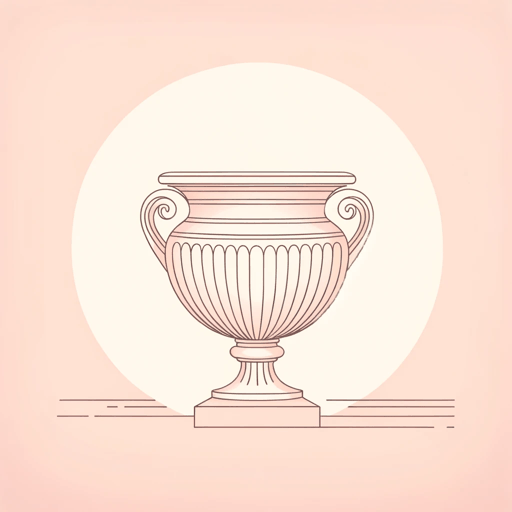
Ode on a Grecian Urn
John Keats

Ode on Melancholy
John Keats
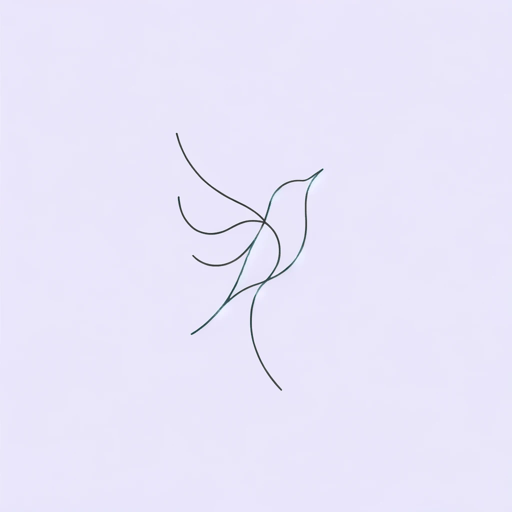
Ode to a Nightingale
John Keats
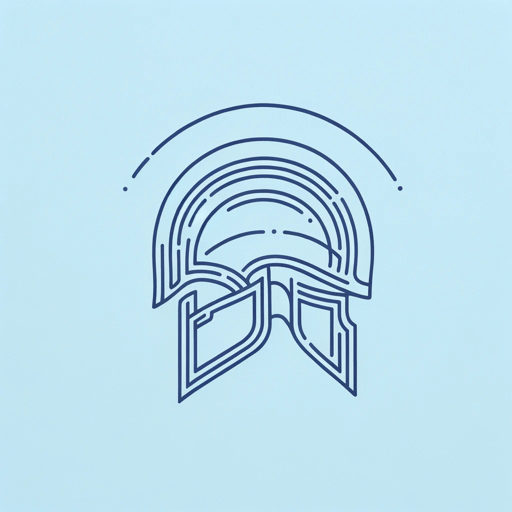
On First Looking into Chapman's Homer
John Keats
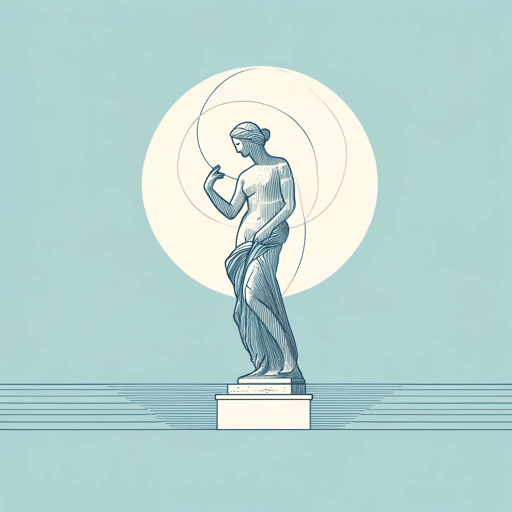
On Seeing the Elgin Marbles
John Keats
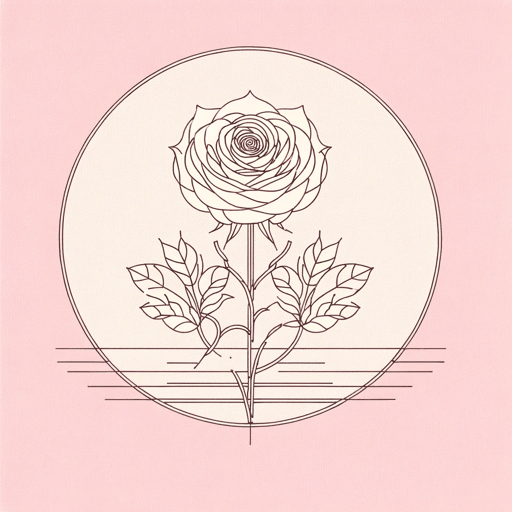
The Eve of St. Agnes
John Keats
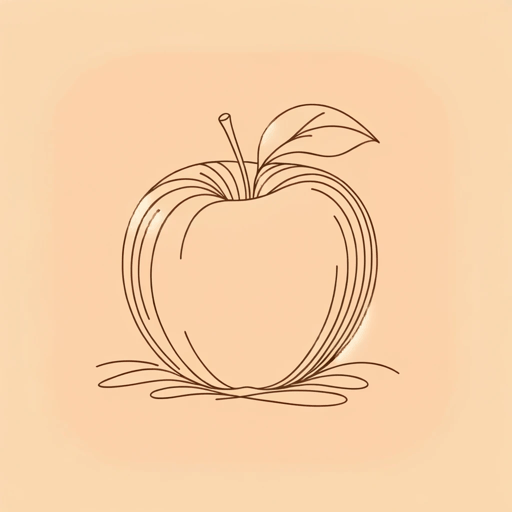
To Autumn
John Keats
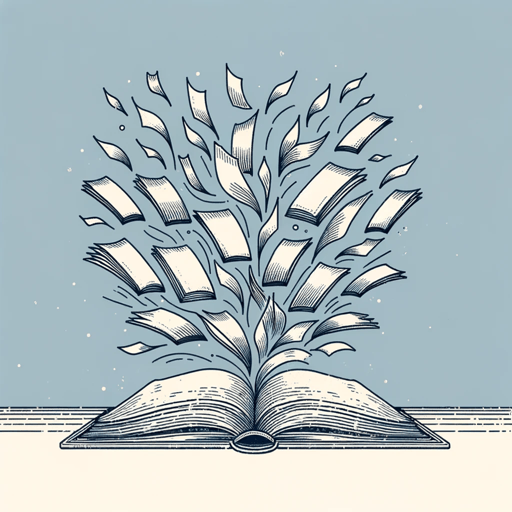
When I Have Fears That I May Cease to Be
John Keats
